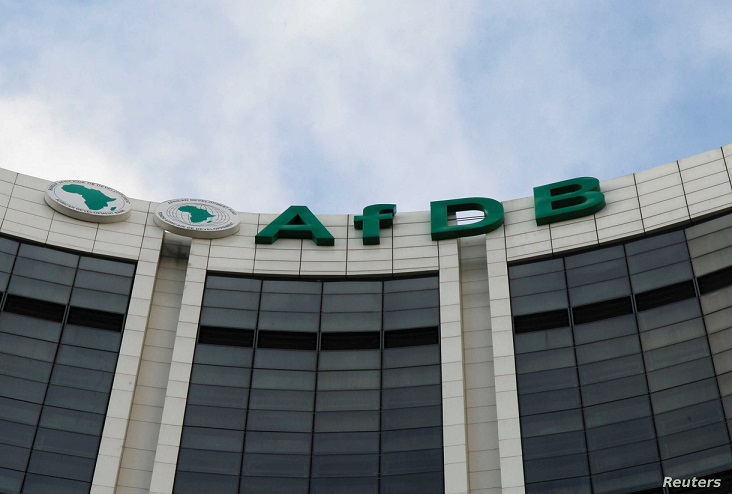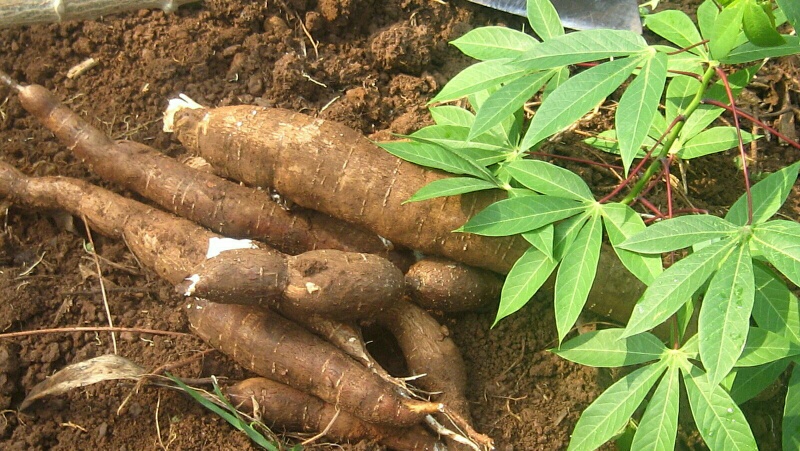The African Development Bank (AfDB) will be supporting the newly launched BASIC–II project of the International Institute of Tropical Agriculture (IITA). This disclosure was made in a statement endorsed by Godwin Atser, a digital extension and advisory services specialist.
The project was launched during a virtual meeting at the IITA headquarters in Ibadan on Thursday and it is tagged “Building an economically sustainable and integrated cassava seed system, phase 2, (BASICS-II),”
Martin Fregene, AfDB’s director of agriculture and agro-Industry, stated that the project is aimed at creating “a more efficient dissemination” of cassava stems that would trigger the adoption of new varieties to improve productivity with the hope to raise income of cassava growers and seed entrepreneur.
The project, according to Fregene will enhance gender equity and as well contribute to inclusive agricultural transformation in Nigeria and Tanzania.
Mr Fregene said AfDB, through its flagship project, Technologies for African Agricultural Transformation (TAAT), is excited to be part of BASICS-II “to ensure the best varieties are put in the hands of farmers as soon as possible”.
The statement noted that the first phase of the project, BASICS-I, which lasted between 2015 and 2020, facilitated the development of more than 160 commercial seed entrepreneurs in Nigeria.
“These seed entrepreneurs are now growing cassava with the primary aim of producing and selling stems—an activity that is generating income and creating wealth in cassava growing communities,” the statement reads.
It said BASICS-II will also work with the Alliance for a Green Revolution in Africa (AGRA) and the Foundation for Partnership Initiatives in the Niger Delta (PIND Foundation).
While PIND pledged to be the project’s sustainability platform in the Niger Delta of Nigeria; AGRA will help the project’s replication in other states in Nigeria as well as other African countries, Mr Atser noted in the statement.
“BASICS-II will not only raise the productivity of African, Nigerian and Tanzanian farmers, but it will improve productivity along the value chain and make cassava to be a good business for anyone to invest in,” Mr Fregene was quoted to have said.
He urged the project managers to maximise public private partnerships to achieve maximum success and impact.
In his remarks, PIND executive director, Dara Akala, said his foundation would help BASICS-II outlive its duration in the Niger Delta.
“Everything we do in PIND is centred around partnerships and partnerships is at the core of what we have achieved in the Niger Delta. Our collaboration with NRCRI Umudike towards the end of BASICS-I led to the pool of Village Seed Entrepreneurs in the Niger Delta.
“So, we are committed to partnering with BASICS-II to consolidate and scale up the results of those initial efforts made in BASICS-I,” he said
The 5-year project will be led by IITA, working in partnership with Mennonite Economic Development Associates (MEDA), National Agricultural Seeds Council (NASC), National Root Crops Research Institute (NRCRI), Catholic Relief Services (CRS), IITA GoSeed, Umudike Seed, Sahel Consulting Agriculture and Nutrition Ltd., Tanzania Agricultural Research Institute (TARI), and Tanzania Official Seed Certification (TOSCI).
IITA is a non-profit institution that offers research partnership that facilitates agricultural solutions to hunger, poverty, and natural resource degradation throughout sub-Saharan Africa.










